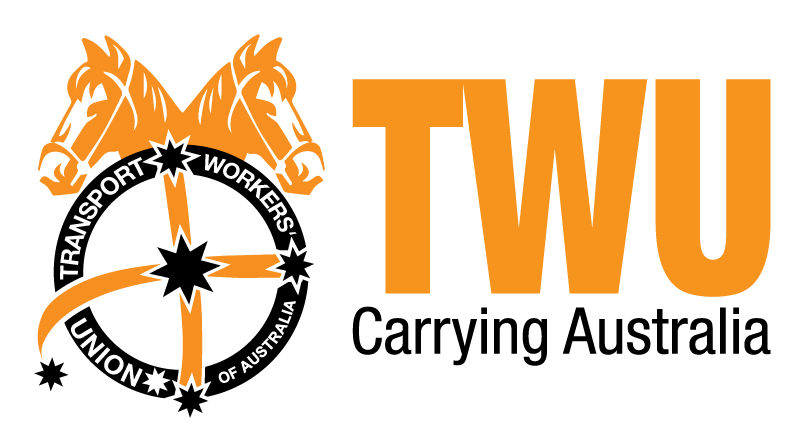Specialist cattle veterinarian Charles Vaughan has been recognised for his leadership in the beef industry being named 2024 Rabobank Young Beef Ambassador at Beef 2024.
Dr Vaughan, 30, from Darwin in the Northern Territory, was presented with the award in front of more than 700 guests at the Rabobank Beef Industry Awards Dinner at Beef 2024 in Rockhampton last night.
The award – which is presented every three years at the Beef Australia event, the nation’s largest beef expo – recognises young, forward-thinking and high-achieving people working in the beef sector. Among those in attendance at the dinner were Prime Minister Anthony Albanese and Federal Minister for Agriculture Murray Watt.
Presenting the award, Rabobank Australia CEO Mark Wiessing said Charles Vaughan’s leadership and vision extended beyond his own animal health business (Charles Vaughan Veterinary Services) servicing the pastoral and export sectors across northern Australia, and included his role at Australian Cattle Enterprises (ACE), an integrated cattle company based in Darwin, as well as biosecurity projects undertaken in South East Asia.
“Successfully managing multiple roles across a large and geographically-challenging area shows how proactive and effective Charles is as a leader,” Mr Wiessing said. “And considering his impressive track record so far, it will be fascinating to witness his journey into the future.”
Recognising the important role and contribution of young, up-and-coming people in the beef industry, Mr Wiessing said Dr Vaughan was also fast becoming a strong industry advocate – in 2023 representing the Northern Territory Live Exporters Association in Vietnam at the Australian Beef Cattle Symposium.
This industry leadership, Mr Wiessing said, would be further boosted by receiving a scholarship – as part of Dr Vaughan’s Young Beef Ambassadorship – to attend the Rabobank Executive Development Program (EDP), designed to develop the strategic planning mindset and commercial management skills of progressive primary producers and agricultural industry participants.
Dr Vaughan is currently assisting in the management, procurement, operational support and logistics for ACE’s 18,000-head backgrounding program on the Northern Territory floodplains. “This program focuses on procurement of cattle during times of high supply and diminishing nutrition and staging them across three properties that give access to pastures allowing fattening in the northern dry season before they go onto South East Asian feedlots,” Dr Vaughan said.
Dr Vaughan spends much of his time sourcing cattle – travelling from Fremantle in Western Australia to the Barkly Tablelands in the Northern Territory and Central Queensland. And internationally, he works with Indonesian, Vietnamese, Thai, Philippine, East and West Malaysian and Brunei feedlots and livestock businesses.
“In the past year, the company has transported approximately 60,000 head of Australian cattle to South-East Asian markets,” he said.
“My role with ACE sees me involved in everything from selecting cattle that meet export specifications to handling the mountains of paperwork, organising stockmen, fodder and veterinary kits on vessels, and physically loading the boat at the port.”
Dr Vaughan also works with indigenous communities, exporting feral-caught buffalo. And he has participated in companion animal desexing programs in indigenous communities in the Northern Territory that coexist with pastoral zones.
Over the past 24 months, ACE has exported close to 10,000 buffalo to trading partners in South-East Asia, and in doing so has provided opportunities for traditional owners and producers in the Northern Territory to connect with global markets eager to receive this quality protein offering.
Recently, Dr Vaughan has been heavily involved in protecting Australian agriculture from exotic animal disease incursions, where he developed biosecurity plans and assisted in FMD (foot and mouth disease) management in Indonesian feedlots during the 2022 outbreaks and also completed a self-directed volume of testing to ensure Australia’s freedom from Lumpy Skin Disease last year during trade disruptions.
Dr Vaughan was exposed to agriculture – primarily mixed farming – throughout his childhood, growing up on the Murray River in northern Victoria, at Nathalia. He studied veterinary science at Charles Sturt University, Wagga Wagga, graduating in 2020. While studying, he concurrently managed a rural retail business and spent weekends and holidays contract mustering and harvesting.
Dr Vaughan gained further experience across a range of industries and production systems – from intensive cattle feeding in Alberta, Canada, to extensive cattle grazing in the Gulf and Kimberly regions of Australia.
Dr Vaughan sees a very big future for the beef industry – particularly in northern Australia, “above the 26th parallel”.
“Beef production remains a vital trade in the ‘top end’ of Australia and continues to encourage development in rural communities, boost income, create employment opportunities, increase export revenue and support economic growth,” he said.
“Northern Australian cattle producers supply an extensive range of markets, both export and domestic, and maintain a world-class reputation for being a superior, safe and reliable producer of high-quality Australian livestock.”
Dr Vaughan believes there is still room for the Australian beef sector to improve – either through efficiencies, welfare practices, nutrition and land management or consumer satisfaction.
“I would like to see continued conversations and promotion of industry best practice to ensure the best animal welfare outcomes and best economic return for all beef industry stakeholders,” he said.
“All stakeholders, from first-year ringers working on stations through to Australian butchers and Vietnamese feedlot workers, should make it their duty to be animal advocates and focus on promoting the great story Australian beef production has to tell.”
Dr Vaughan said he felt immensely privileged to receive the Rabobank Young Beef Ambassador award.
With the award attracting nominations of young people in the beef sector across the country, Mr Wiessing said the bank had been supporting the initiative since 2009 as a means of investing in the next generation.
“The award is judged on the nominee’s effective and progressive approach to successful business management as well as their potential as a leader and contributor to the beef industry,” he said.
“Recognising leadership is about identifying and celebrating talent, vision and ideas. And it is about providing the support and confidence needed to nurture leaders and prepare them to be able to tackle the challenges of the future.”
Mr Wiessing encouraged all involved in the beef sector to share their knowledge and experience, be open to implement new ways of doing things, and carve out time to collaborate and learn from and support the next generation.








